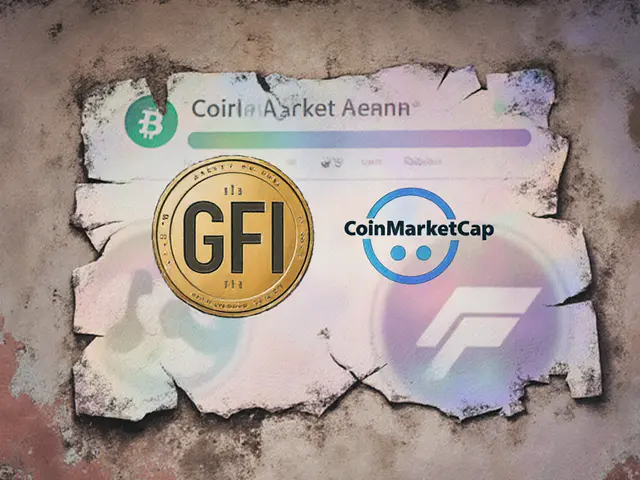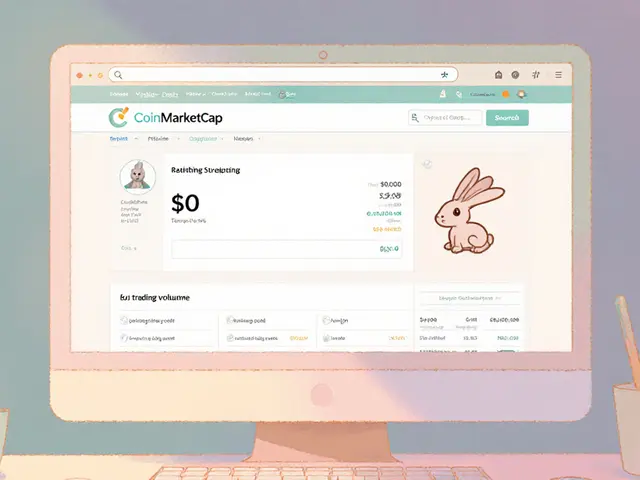DuckCoin: What It Is, Why It Matters, and What You Need to Know
When you hear DuckCoin, a meme-based cryptocurrency often tied to viral internet culture and low-market-cap hype. Also known as DUCK, it’s one of hundreds of tokens that pop up on decentralized exchanges with little more than a funny logo and a social media push. Unlike major coins like Bitcoin or Ethereum, DuckCoin doesn’t solve a real problem—it doesn’t power a network, enable smart contracts, or offer DeFi yield. It exists because people like the idea of a duck with a crypto wallet.
What makes DuckCoin interesting isn’t its tech—it’s how it fits into the bigger picture of meme coins, crypto assets driven by community, humor, and speculation rather than utility. Think Dogecoin, Shiba Inu, PEPE TRUMP. These tokens thrive on TikTok trends, Reddit threads, and Discord hype. DuckCoin is part of that same wave. It’s not listed on Binance or Coinbase. You won’t find it on major wallets unless you manually add the contract. You’ll only see it on small decentralized exchanges, peer-to-peer platforms like Uniswap or PancakeSwap where anyone can list a token with zero oversight. That’s where the risk lives.
And here’s the thing: most of these tokens don’t survive. Look at the posts here—Dot Finance (PINK), Defiant (DEFIANT), BABYTRUMP. All had big launches, all vanished into thin air. DuckCoin could be next. It’s a micro-cap token, a coin with a market value under $1 million, often with no liquidity, no team, and no roadmap. These aren’t investments. They’re bets. And the odds are stacked against you.
But if you’re curious, you’ll find real stories here. Not hype. Not fluff. Real reviews of exchanges where DuckCoin might be traded, breakdowns of similar airdrops that disappeared overnight, and guides on how to spot a honeypot before you lose your money. You’ll see how other tiny tokens failed, how people got burned, and what actually works when you’re playing in this space. There’s no magic formula. But there are warning signs—and we’ve laid them out.

DuckCoin (DUCK) is a meme token tied to Telegram's official duck mascot, launched on the TON blockchain in 2024. It has no utility, low liquidity, and extreme volatility - but its brand connection gives it unique staying power among meme coins.
Jonathan Jennings Nov 1, 2025




